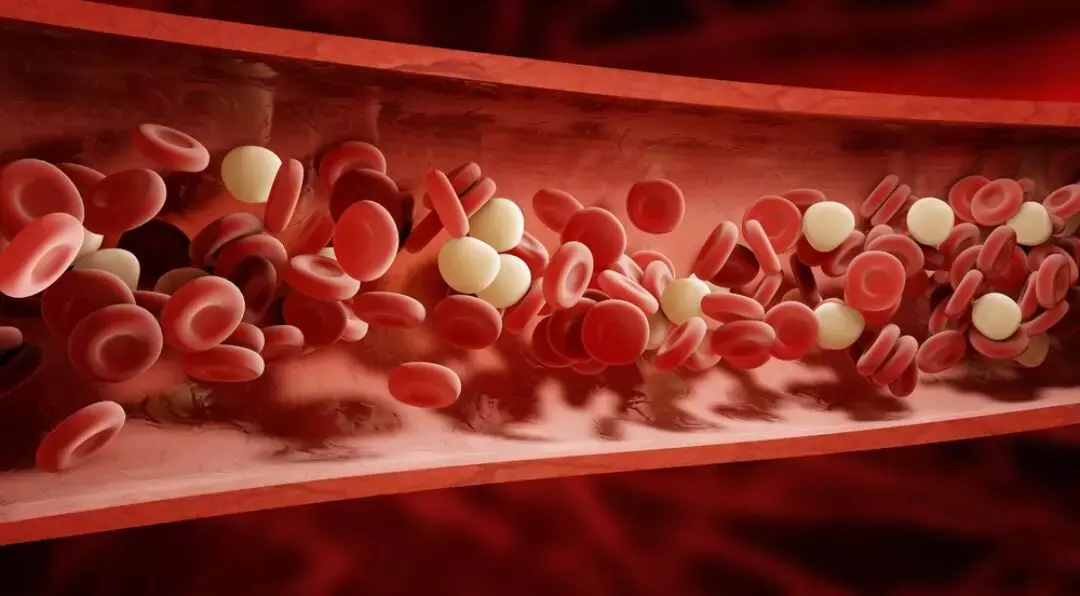- Home
- Medical news & Guidelines
- Anesthesiology
- Cardiology and CTVS
- Critical Care
- Dentistry
- Dermatology
- Diabetes and Endocrinology
- ENT
- Gastroenterology
- Medicine
- Nephrology
- Neurology
- Obstretics-Gynaecology
- Oncology
- Ophthalmology
- Orthopaedics
- Pediatrics-Neonatology
- Psychiatry
- Pulmonology
- Radiology
- Surgery
- Urology
- Laboratory Medicine
- Diet
- Nursing
- Paramedical
- Physiotherapy
- Health news
- Fact Check
- Bone Health Fact Check
- Brain Health Fact Check
- Cancer Related Fact Check
- Child Care Fact Check
- Dental and oral health fact check
- Diabetes and metabolic health fact check
- Diet and Nutrition Fact Check
- Eye and ENT Care Fact Check
- Fitness fact check
- Gut health fact check
- Heart health fact check
- Kidney health fact check
- Medical education fact check
- Men's health fact check
- Respiratory fact check
- Skin and hair care fact check
- Vaccine and Immunization fact check
- Women's health fact check
- AYUSH
- State News
- Andaman and Nicobar Islands
- Andhra Pradesh
- Arunachal Pradesh
- Assam
- Bihar
- Chandigarh
- Chattisgarh
- Dadra and Nagar Haveli
- Daman and Diu
- Delhi
- Goa
- Gujarat
- Haryana
- Himachal Pradesh
- Jammu & Kashmir
- Jharkhand
- Karnataka
- Kerala
- Ladakh
- Lakshadweep
- Madhya Pradesh
- Maharashtra
- Manipur
- Meghalaya
- Mizoram
- Nagaland
- Odisha
- Puducherry
- Punjab
- Rajasthan
- Sikkim
- Tamil Nadu
- Telangana
- Tripura
- Uttar Pradesh
- Uttrakhand
- West Bengal
- Medical Education
- Industry
Postdischarge ischemic events in patients with recent MI tied to higher mortality: JAMA

SWEDEN: Post-discharge ischemia episodes were more frequent and linked to a higher death rate in patients with recent myocardial infarction (MI) than bleeding episodes, states a study published in JAMA Network.
In patients with acute myocardial infarction, antithrombotic therapy is utilized to lower the risk of further ischemic episodes. These drugs reduce the risk of ischemia events but raise the risk of bleeding.
"Based on the patient's risk of ischemia and bleeding episodes, antithrombotic medication after myocardial infarction should be tailored to their specific needs. Regarding the respective prognostic significance of the two different types of occurrences, more research is needed", the researchers wrote.
The authors aimed to determine if the relative mortality rate for the 2 types of outcomes has changed over the past 20 years and to evaluate the relationship between ischemic and bleeding events and death in patients with a recent MI.
For this purpose, in Sweden, from 2012 to 2017, cohort research based on national registries was carried out. Between July 2021 and May 2022, data was examined. The analysis comprised MI patients who received antithrombotic medication and were released from the hospital alive. Up to a year following discharge, the likelihood of a first ischemic event or bleeding event as well as the mortality risk were evaluated. The adjusted hazard ratios (aHRs) for 1-year mortality after an ischemia and bleeding incident vs. no event, and after an ischemic vs. bleeding event, were calculated using Cox proportional hazards regression models. For patients discharged in 1997–2000, 2001–2011, and 2012–2017, adjusted HRs for mortality following ischemic vs. bleeding episodes were evaluated.
Key results of the study:
- Out of 86 736 patients, 4039 people had their first ischemic incident (5.7 per 100 person-years) and 3399 had their first bleeding episode (4.8 per 100 person-years).
- Following an ischemic incident, the mortality rate was 46.2 per 100 person-years, while following a bleeding event, it was 27.1 per 100 person-years.
- The aHR for death at 1 year compared to no event was 4.16 after an ischemic incident and 3.43 after a bleeding episode.
- When the two types of events were examined, the aHR for an ischemic vs. bleeding incident was 1.27.
- In 1997-2000, 2001-2011, and 2012-2017, there was no statistically significant distinction between an ischemia and a bleeding event's aHR.
Despite the fact that attempts to tailor the length and severity of antithrombotic therapy after MI normally give equal weight to ischemic and bleeding episodes, the accompanying mortality risk may be greater for ischemic occurrences, concluded the authors.
REFERENCE
Simonsson M, Alfredsson J, Szummer K, Jernberg T, Ueda P. Association of Ischemic and Bleeding Events With Mortality Among Patients in Sweden With Recent Acute Myocardial Infarction Receiving Antithrombotic Therapy. JAMA Netw Open. 2022;5(8):e2220030. doi:10.1001/jamanetworkopen.2022.20030
Dr Kamal Kant Kohli-MBBS, DTCD- a chest specialist with more than 30 years of practice and a flair for writing clinical articles, Dr Kamal Kant Kohli joined Medical Dialogues as a Chief Editor of Medical News. Besides writing articles, as an editor, he proofreads and verifies all the medical content published on Medical Dialogues including those coming from journals, studies,medical conferences,guidelines etc. Email: drkohli@medicaldialogues.in. Contact no. 011-43720751


